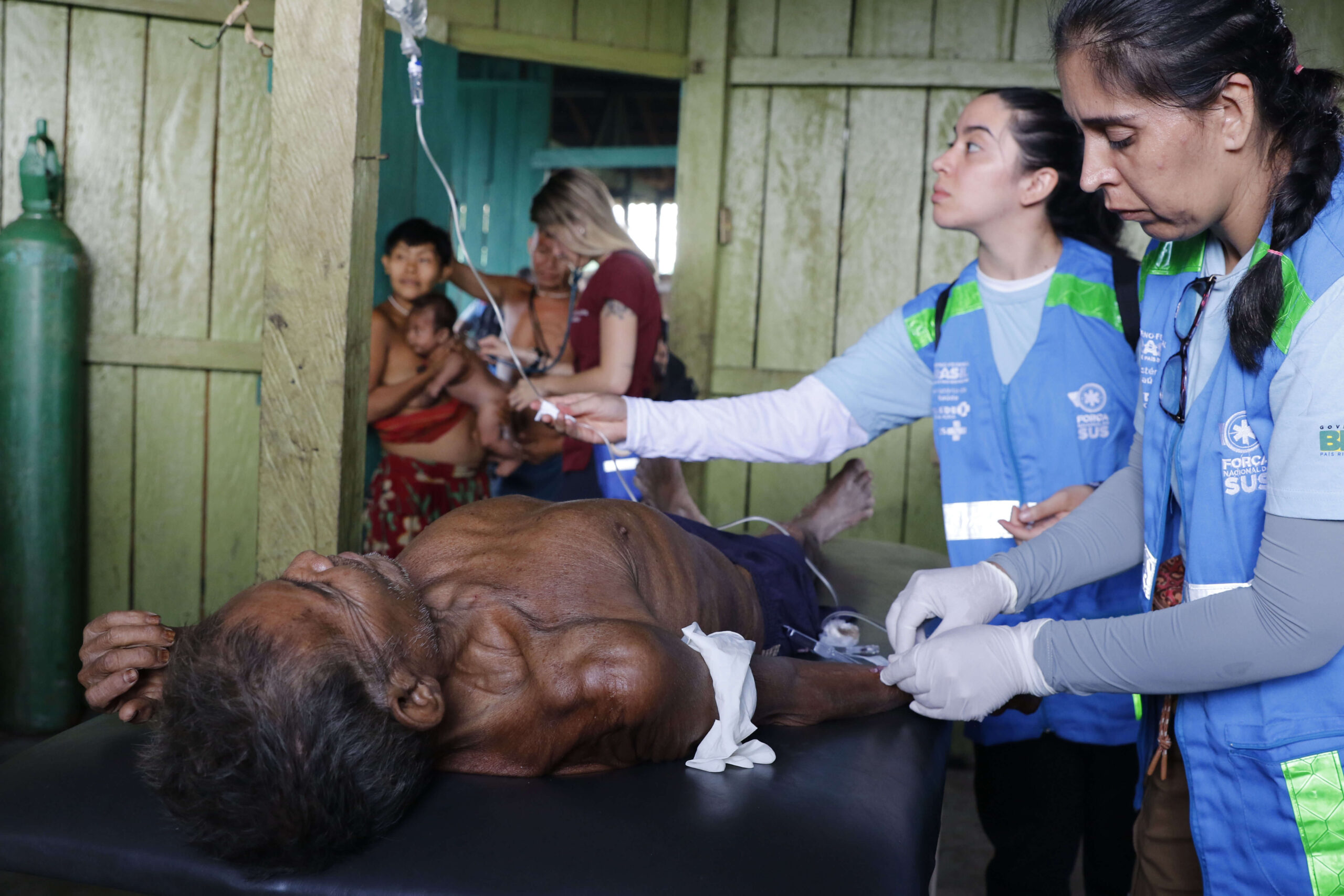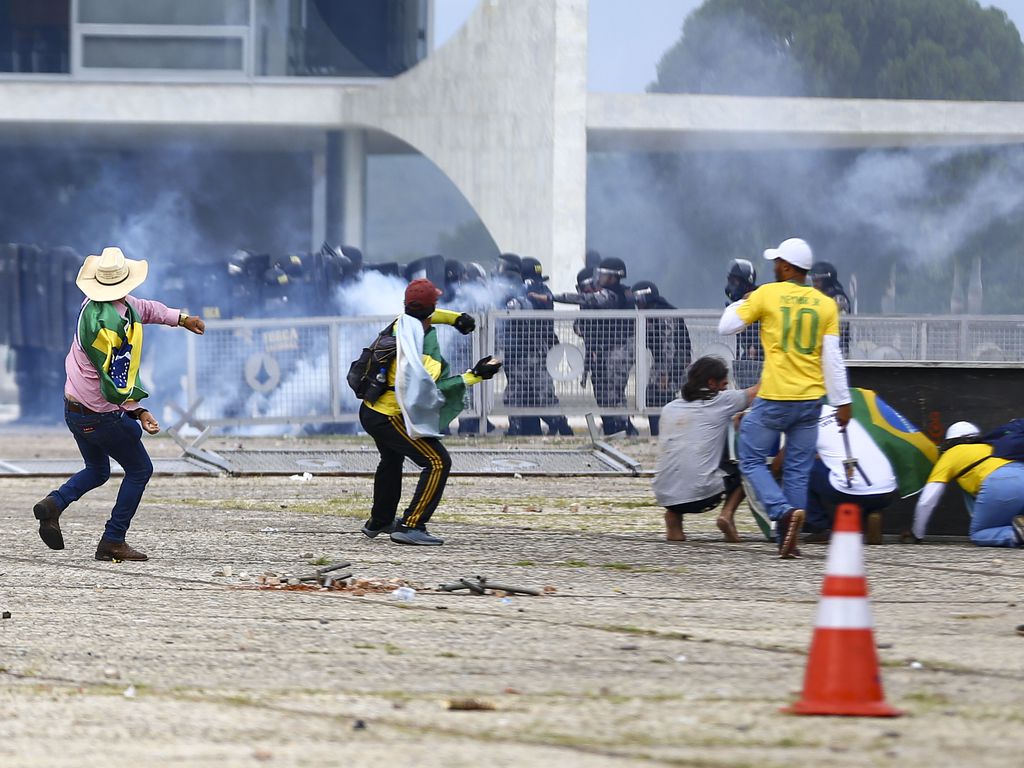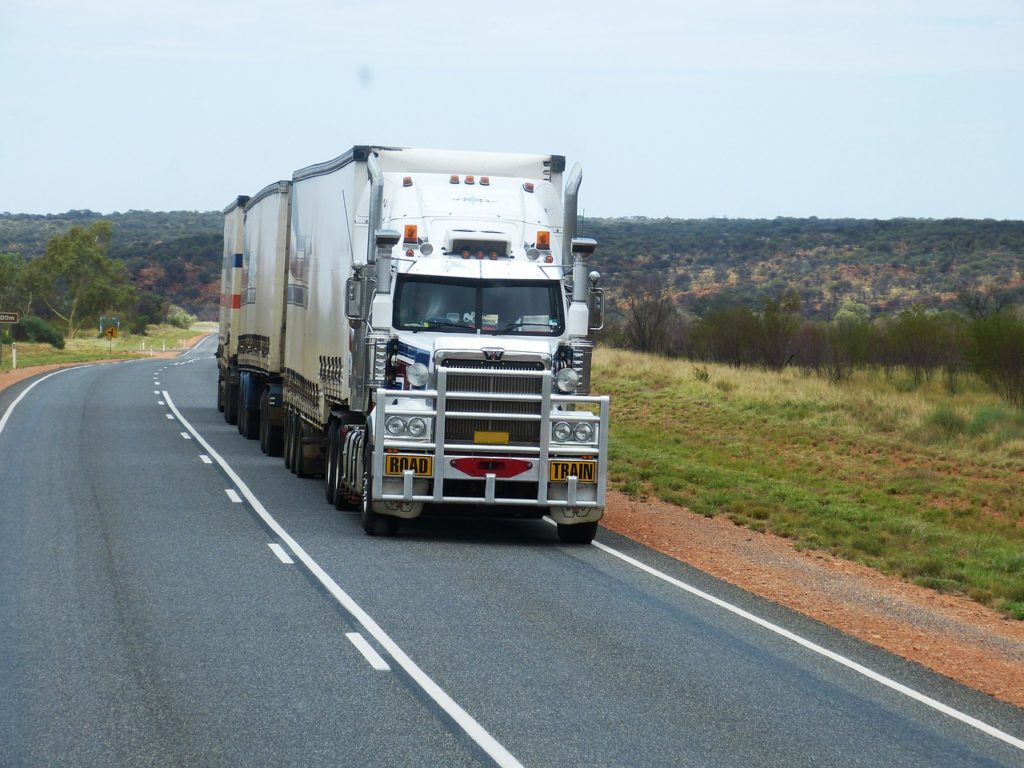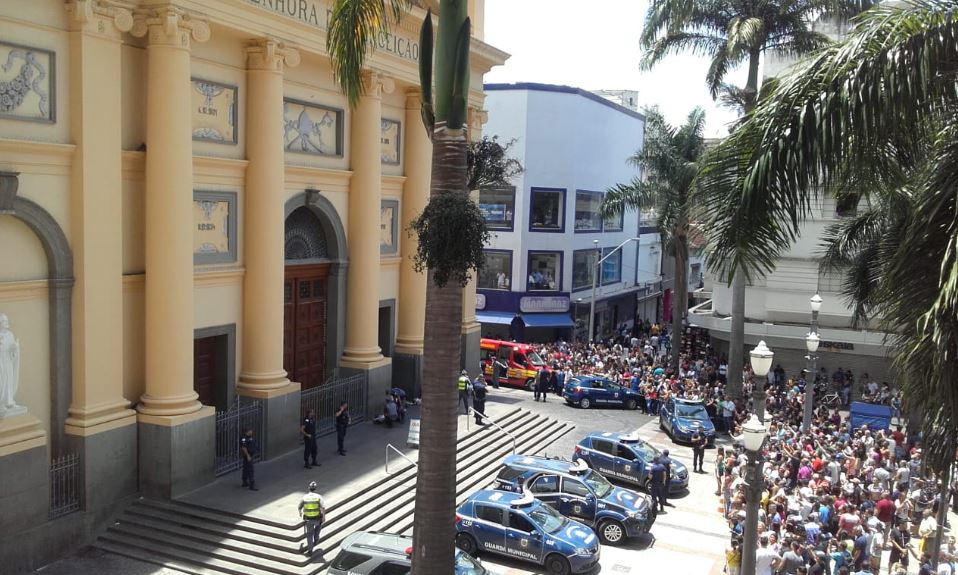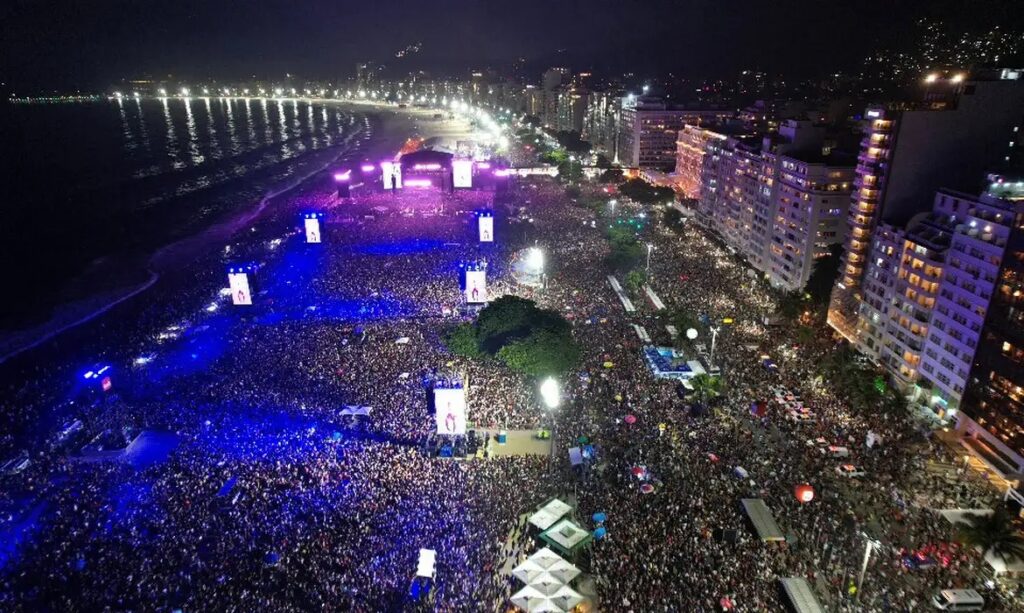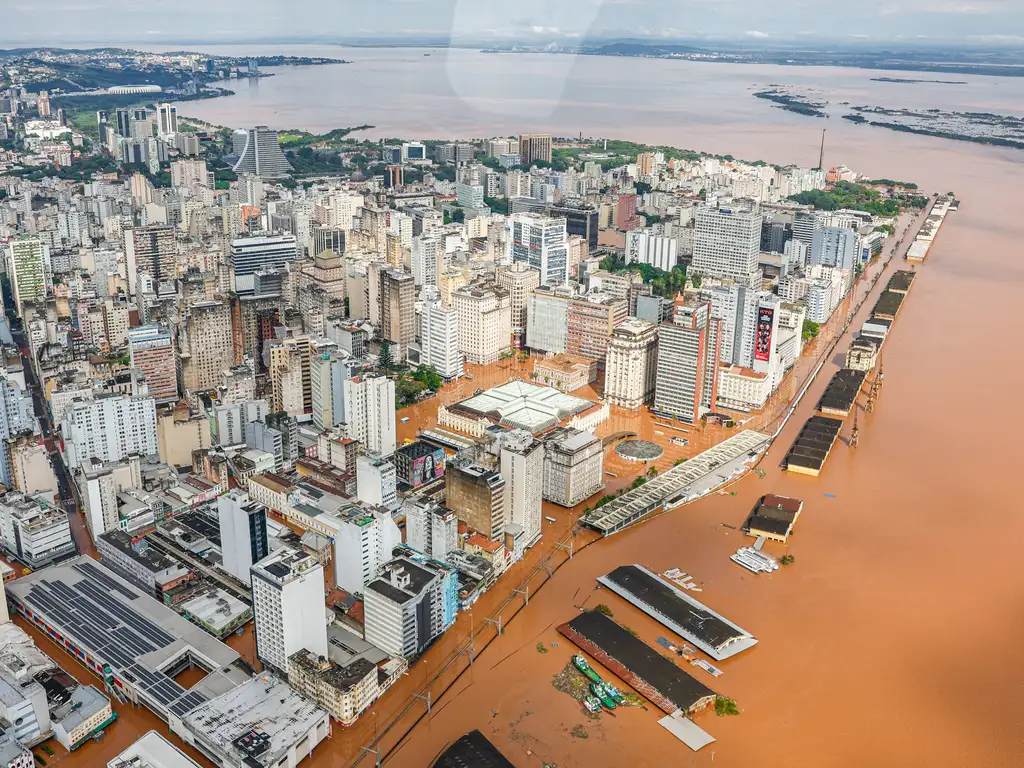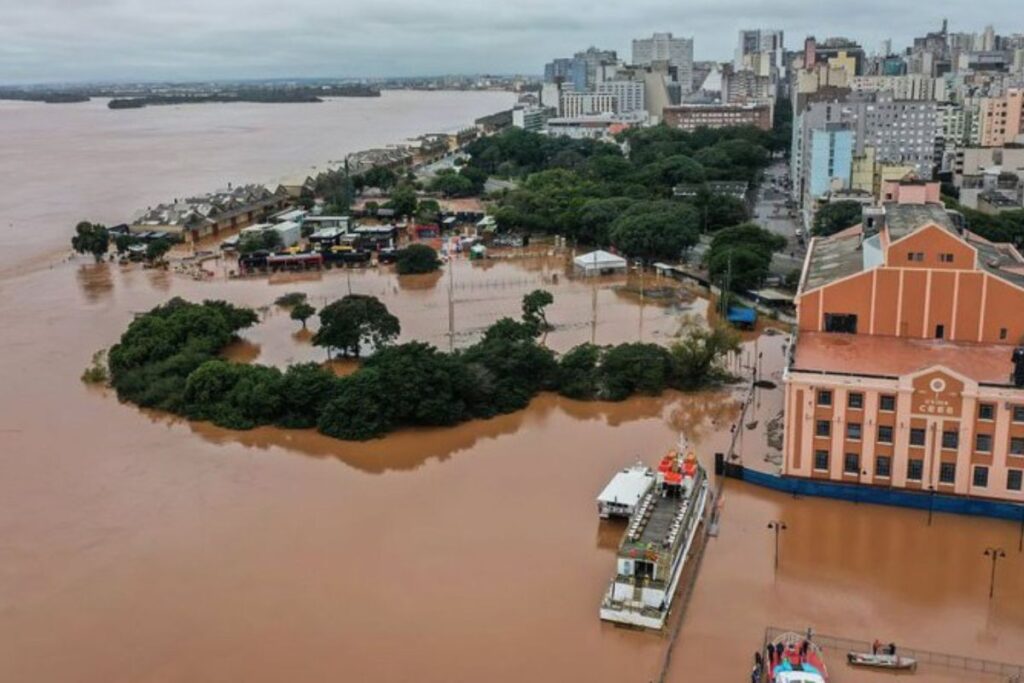São Paulo, Brazil – As Brazil’s government continues to grapple with suppressing a surge of illegal gold mining in the Amazon, the Yanomami, an Indigenous community that inhabits one of the largest reserves in the region, continues to suffer from mercury contamination in its rivers.
On April 3rd, the Oswaldo Cruz Foundation (Fiocruz) and the Socio-Environmental Institute released a joint study showing that 94% of people living within nine Yanomami communities have been contaminated with high levels of mercury in their bodies. The real scope of the devastation, however, may be far worse, as only 287 out of 31,000 Yanomami Indigenous people took part in the survey.
Hair samples collected from communities near illegal mining sites in the northern state of Roraima showed the highest levels of exposure to the heavy metal. In locations such as Caju, Castanha, Ilha, and others, researchers saw alarming contamination rates, far exceeding the limits set by the World Health Organization.
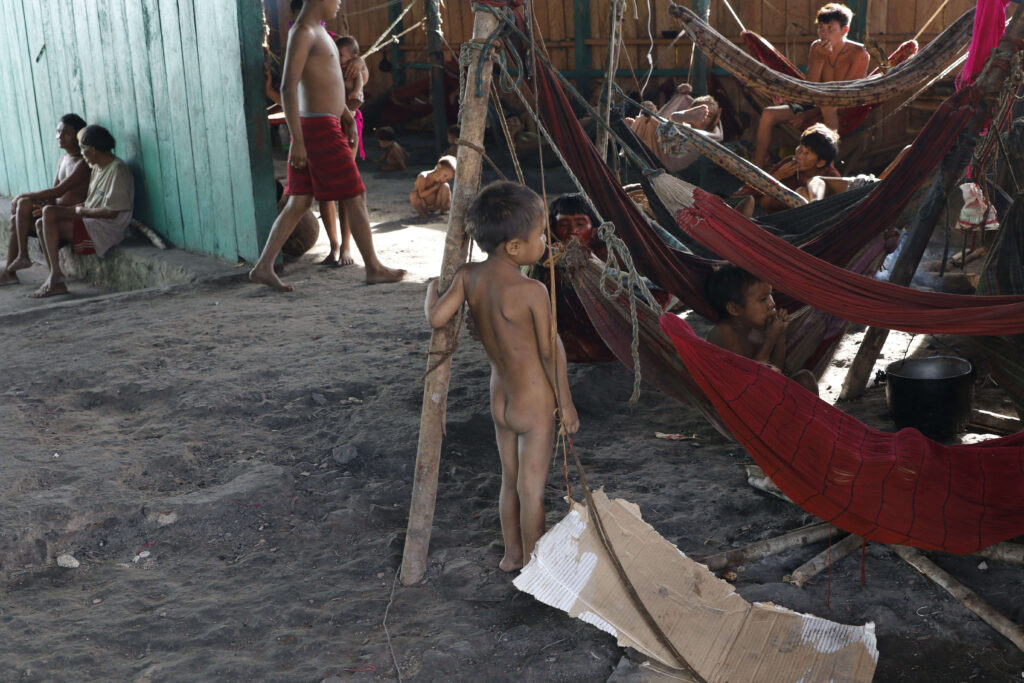
(Fernando Frazão/Agência Brasil courtesy)
Mining, which utilizes heavy machinery such as backhoes and barges, not only pollutes rivers and soil with mercury but also induces significant alterations in the local ecosystem. Animals essential to Indigenous peoples’ diet, such as tapirs and pacas, are driven away, and cultivation becomes unfeasible due to mercury concentration in the soil.
Mercury is used in large scale by gold miners to make the gold clump together and thus make it easier to separate from the other sediments found in the local riverbeds and streams. Exposure to high levels of mercury can affect sight, hearing, the memory and lead to more serious diseases.
Based on their findings, researchers produced a series of recommendations to improve the Yanomami’s quality of life. Among the priority emergency actions are an immediate halt to mining and the use of mercury by miners, the expulsion of all land invaders from the Indigenous territory, and the construction of health posts in strategic locations within the reserve.
Since mid-February 2023, when President Luiz Inácio Lula da Silva took office, the Brazilian government has carried out dozens of incursions into the Yanomami territory by security forces in an effort to remove illegal miners, loggers, and ranchers. But still, the situation for the Yanomami remains critical as many miners remain. According to the Ministry of Indigenous Peoples, the number of land invaders has fallen from 20,000 at the start of the operations to between 6,000 and 7,000 today.
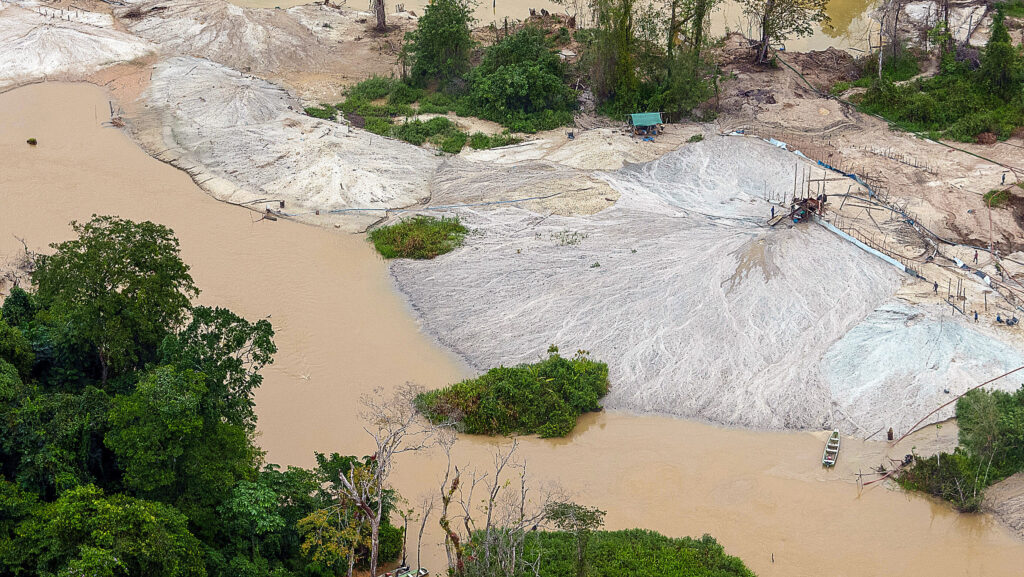
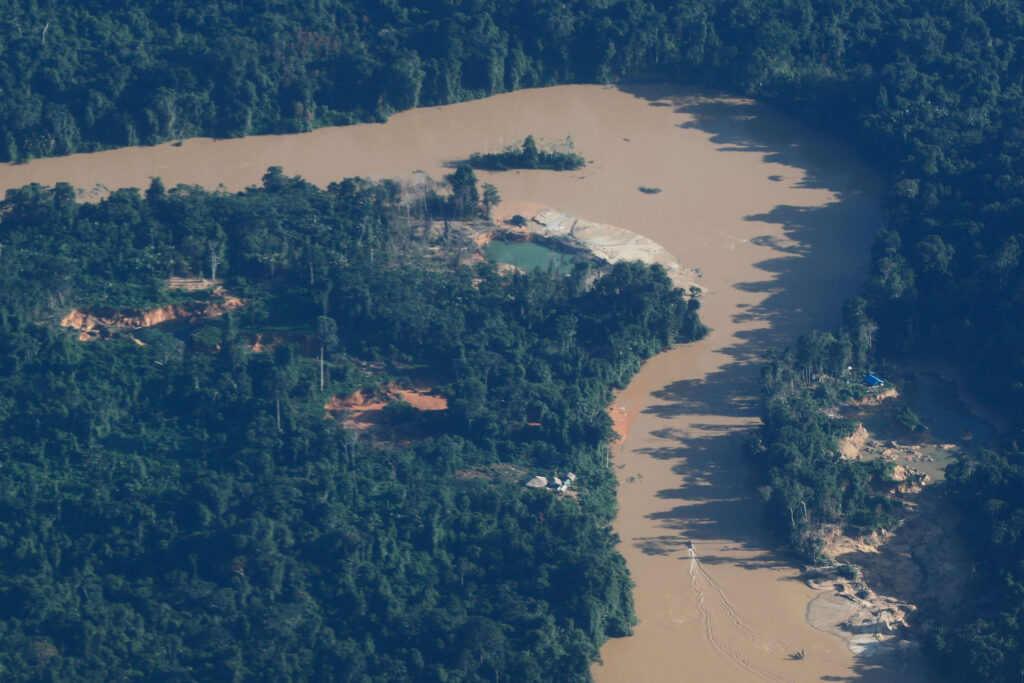
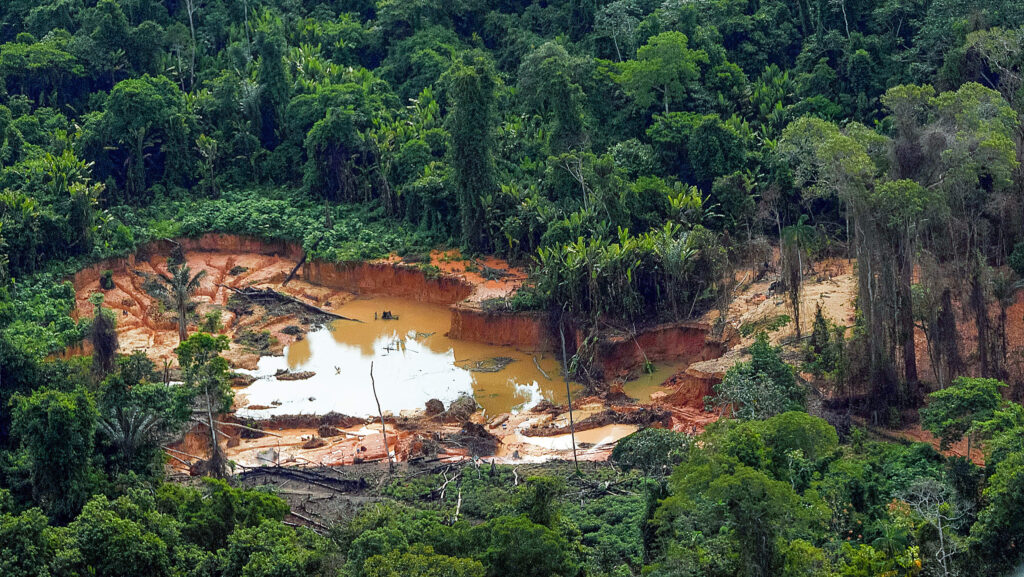
(Leo Otero/MPI and Fernando Frazão/Agência Brasil courtesy)
In an announcement on Monday, the Brazilian government declared its intention to continue operations in Yanomami territory, mobilizing 800 soldiers to complete the territory’s de-intrusion.
From January to March of this year, military teams provided emergency medical care and transported over 15,000 food baskets, in addition to supporting police forces in combating crime in the region.
In March, President Lula allocated a credit of R$1 billion (USD $200 million) to ensure the continuity of security and food aid for the Indigenous population in the Amazon.


